Why Do My Trigger Points Keep Coming Back

One hit wonders are popular songs everyone loves to sing long after the artist has faded back into obscurity. These songs get the crowd going every time, but if you played another song by the same artist, you would get nothing but puzzled looks.
Every decade has its lasting icons as well as its super-brief stars. The music of the 1970s focused heavily on disco with some rock and roll, folk and R&B hitting the airwaves as well. The artists behind some 1970's hits may have faded away, but they still trigger some major '70's flashbacks every time their top singles play. Take a listen!
"Play That Funky Music" by Wild Cherry
Even if the only lyrics you know from this song are "Play that funky music, white boy," you definitely know them well. Oddly enough, the song was inspired by a disgruntled listener. The band was playing some random gig, and the performance was not going well. A heckler in the audience yelled out that very line. The leader of the band took note — and a song idea was born.
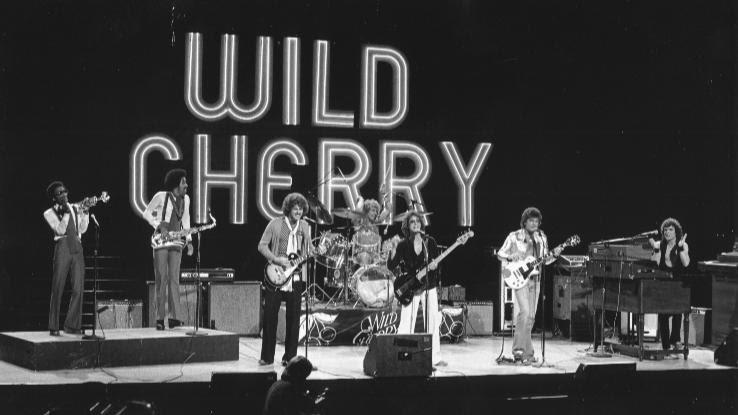
Vanilla Ice later covered the song and recorded it on the B-side of what became another huge hit: "Ice Ice Baby." The song gained momentum again with '80's teens when the wrong side of the disk was played. Wild Cherry faded away without any additional hits, however.
This song was written by Bill Danoff, one of the members of the band. He got the idea from a menu title that included "afternoon delights." He thought the name would be great for a song title, and it took a few months to finish the song.
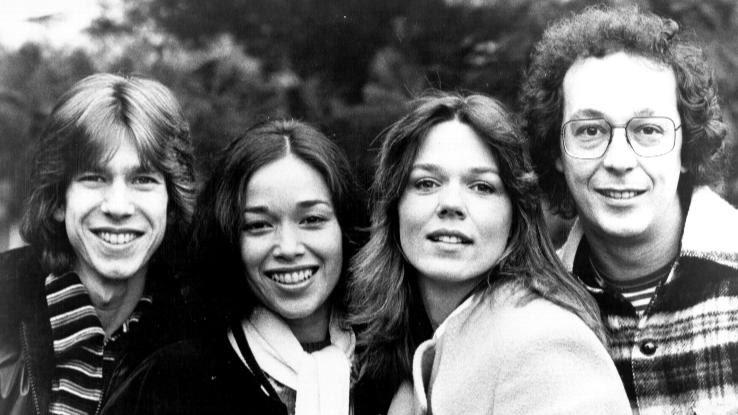
The song had suggestive lyrics — particularly for the 1970s — but it was cleared to be played on the radio. The band went on to win the Grammy for Best New Artist, but the award didn't prove to be prophetic in relation to their ongoing success. The band never had another hit single.
"In the Summertime" by Mungo Jerry
This song is still considered one of the best summer songs of all time. Ray Dorset, the lead singer of the band, wrote it on a second-hand Fender guitar in only 10 minutes. The end of the song features what sounds like a motorcycle, but it was a Triumph sports car that was driven past the studio while someone held out a microphone.
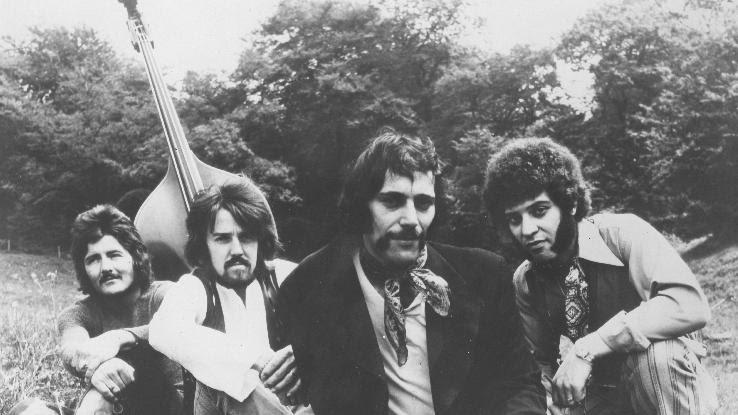
They used the car because they couldn't find a motorcycle to get the sound they wanted. In the end, they settled for using a car with an engine that sounded as close to a motorcycle as possible.
"Ring My Bell" by Anita Ward
This song was written about — no, not boxing — talking on the telephone. It was originally intended for a 12-year-old singer named Stacy Lattisaw — after all, talking on the phone was a very teenage thing to do at the time. Plans fell through when Lattisaw suddenly left the record label and signed with another company.
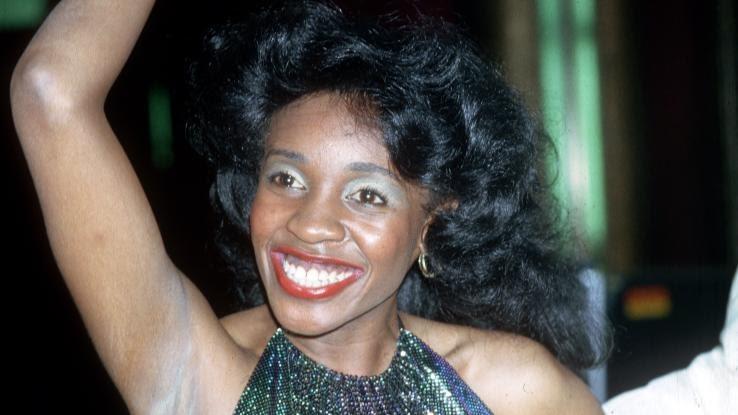
The song was then re-created with a much more mature sound for Ward. Some people didn't like it because they insisted that the song was very suggestive. Ward didn't like this interpretation, as she was a devout member of the church.
"Got to Be Real" by Cheryl Lynn
Cheryl Lynn got her music career going in a strange manner. Growing up, she was vocally talented but too shy to perform solo. In fact, she never considered a career in music until her boyfriend told her he would break up with her if she didn't share her talent with the world on a TV contest called The Gong Show.
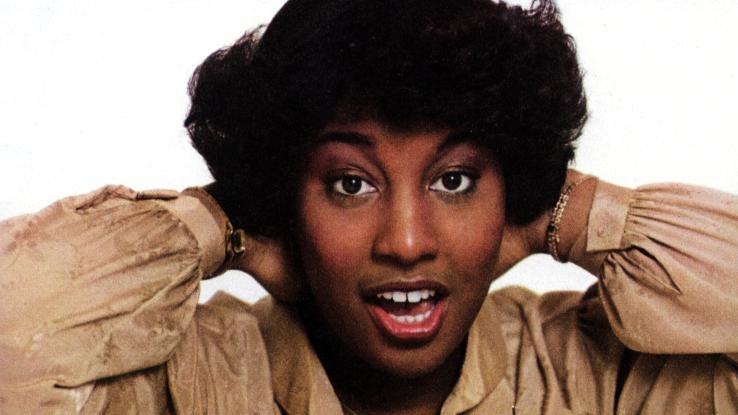
After she won the contest, she immediately got calls from record label executives and signed with Columbia Records. This song was from Cheryl Lynn's debut album and was the first single released. Unfortunately, none of her other songs were as successful.
"Rapper's Delight" by Sugarhill Gang
At the time this song was written, it was hard to find an artist to record it. Most people believed in the '70s that rap could only be performed live. Artists didn't want to record rap music because it went against the tradition of performing live in front of an audience.
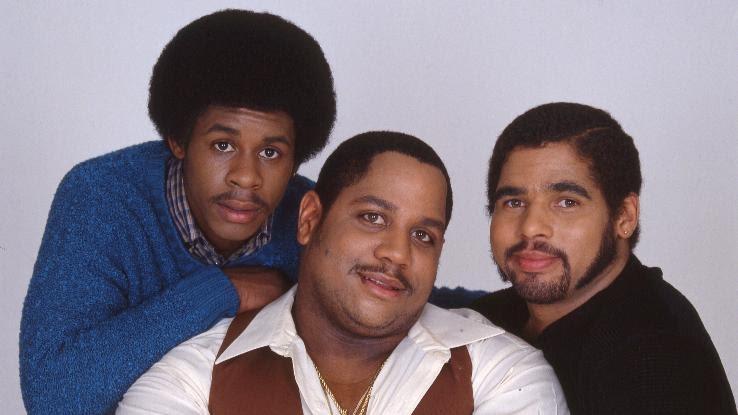
The song was created spontaneously when some friends leapt on stage and started freestyling. The track was then produced by Sylvia Robinson. The release and success of this song led to the beginning phase of rap music becoming a popular genre of music.
"Kung Fu Fighting" by Carl Douglas
This song was created at the last minute when a record needed a B-side track. It was recorded in only two takes in the last 10 minutes of a studio session. In a bizarre twist, after the record label manager heard the two tracks, "Kung Fu Fighting" was moved to the A-side of the record — a good call, obviously.
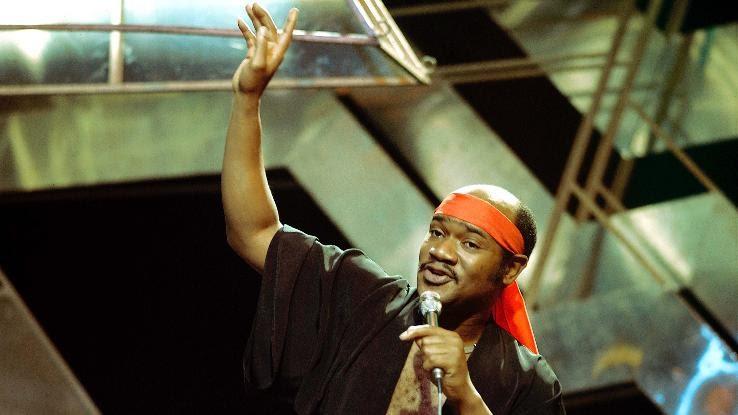
After its release, the record did very poorly for several weeks until it suddenly started growing in popularity. It ultimately sold more than 11 million copies worldwide and is still one of the bestselling singles of all time. The song also still randomly pops up in movies all these years later.
"Venus" by Shocking Blue
Being from the Netherlands, the band had to translate the song into English, and there was a typo in the translation. Basically, instead of the first line being "A godness on the mountain top," it was accidentally translated as "A goddess on the mountain top." It obviously didn't matter to English speakers, especially considering "goddess" is a much more common English word. The song ended up being a number one hit.
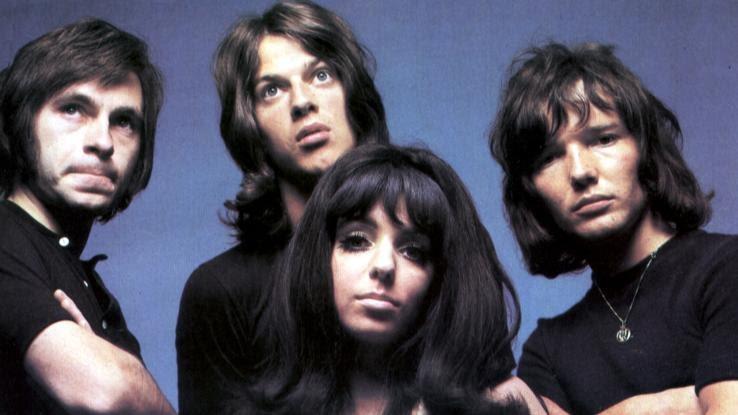
In the 1980s, female pop group Bananarama recorded their dance-worthy version of the song. As a result, "Venus" enjoyed new popularity and was catapulted to number one on the dance music charts for two weeks.
"All Right Now" by Free
This song was written after an all-too-quiet gig, where the audience applause died out before the performers even exited the stage. The band looked at their setlist of nothing but mellow songs and decided they needed something upbeat with a faster tempo to get people excited.
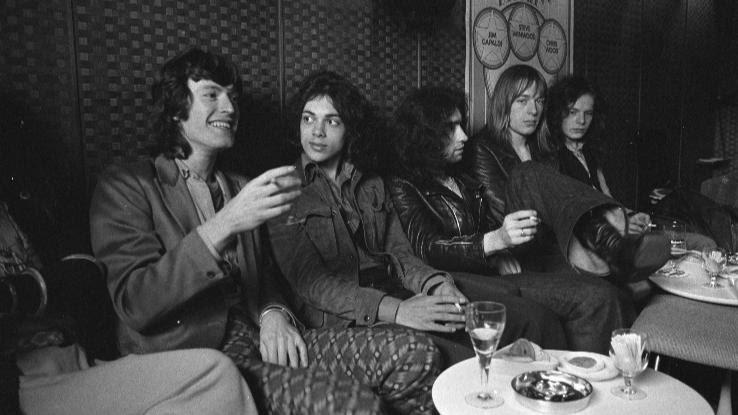
The band sat there in the dressing room and wrote the song in 10 minutes. Unfortunately, the band split up after the success of this single. The record sold 20 million copies, which was very impressive for such a young band — the youngest member was only 17!
"O-o-h Child" by Five Stairsteps
This band was very unique because they were all siblings. They got their name from their mother, who commented that when the kids lined up by age, they looked like stair steps. This sweet, caring song was loved by many people from all walks of life.
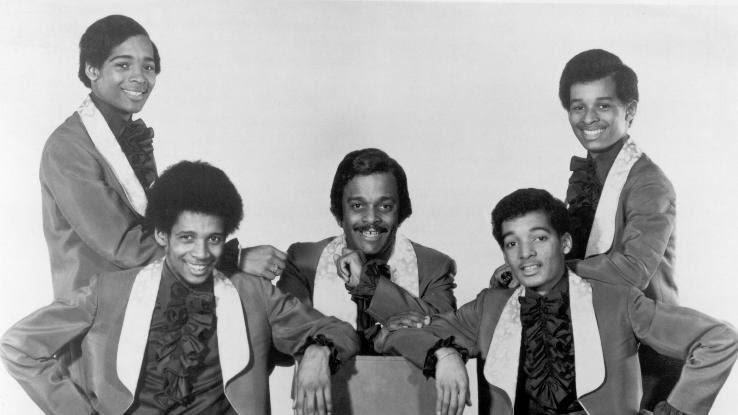
It was released during the Vietnam War, and people needed all of the cheering up they could get. The song has been used in movies, including Guardians of the Galaxy in 2014, when the main character challenged the bad guy to a dance-off and started singing the song.
"Magic" by Pilot
If you weren't around when this song came out in 1974, you might have first heard it when it was used in 2007 in a Pillsbury commercial. Still younger than that? If you were a Wizards of Waverly Place fan maybe you heard Selena Gomez's version of the song instead.

This song may have been a one hit wonder, but it has enjoyed renewed life a few more times than the average one-time hit. The band's second release, a song called "January," was unfortunately only successful in the U.K and never made an impact on U.S. radio.
"Love Hurts" by Nazareth
This was a cover of a song written by The Everly Brothers. The band Nazareth was a hard rock band from Scotland, and this track was their biggest international hit. It made it all the way to number one on the charts in several countries and is still the bestselling record of all time in Norway.
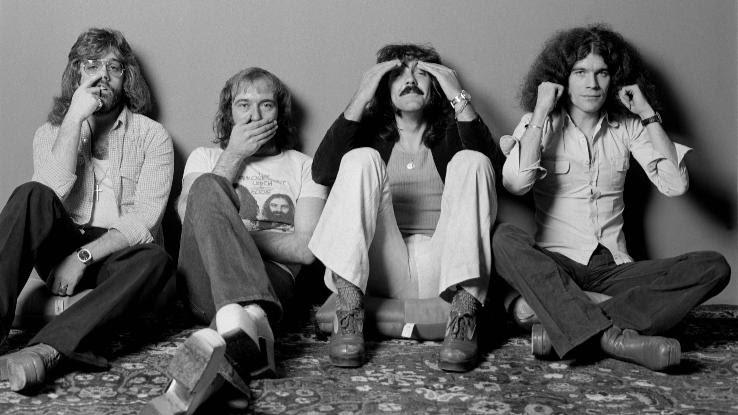
While it was their biggest hit, some of their other music became popular in Germany but not in the U.S. The song's lyrics and sound offer the perfect antidote for a broken heart. If you ever need to get a good cry on, listen to this cover of the classic rock heartbreak anthem.
"Turn the Beat Around" By Vicki Sue Robinson
"Turn the Beat Around" was a smash disco hit for Robinson. The song was number one on the disco charts and made it to number 10 on the Billboard charts. She even earned a Grammy nomination for Best Female Vocalist. When creating this hit, she recorded the lead vocals in one take and even sang and arranged the backup vocals too.
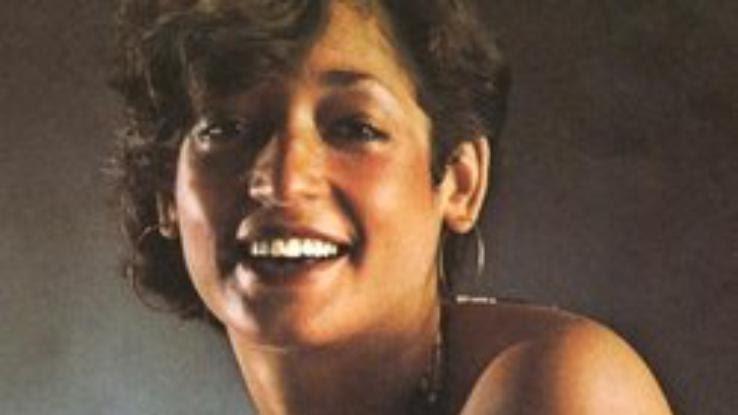
Although she never had a chart-topping song again, she had a decently successful career as a commercial jingle singer for well-known companies. When Gloria Estefan covered the song in 1994 with her own recording, it re-ignited Robinson's career.
"Spirit in the Sky" by Norman Greenbaum
Greenbaum penned this massive hit in only 15 minutes. After its mega-success, the song was given new life in the '80s, when it was covered by Doctor and the Medics. The song was also covered in 2003 by the Kumars with Gareth Gates, so it has enjoyed more than one resurgence in popularity.
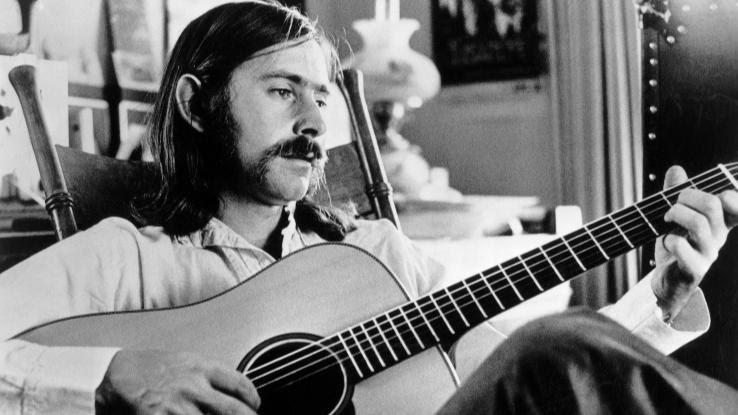
The song has also been used in popular movies, such as Apollo 13 and Ocean's Eleven, and it was used to create the trailer for the Guardians of the Galaxy movie. Greenbaum credits this song with being the reason he led a comfortable life and could afford early retirement.
"Feelings" by Morris Albert
This song holds the title for the longest run on the Billboard charts in 1975. It was on the charts for an impressive 32 weeks. Unfortunately, it was later discovered that the song largely plagiarized a French song called "Pour Toi" (For You) by Louis Gaste.
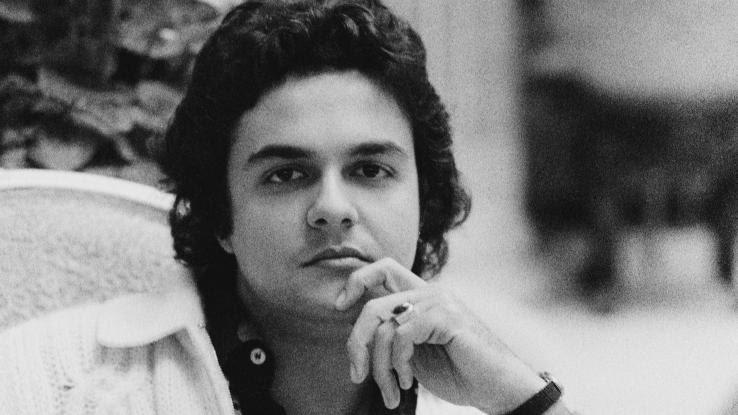
Gaste originally wrote the song for his wife, who was a French stage artist. As a result, Gaste's name is now added as a composer of the song, and he was awarded $40,000 and 50% of all the royalty money that the song made.
"Video Killed the Radio Star" by The Buggles
Even younger generations know this song, thanks to the Just Dance video games they had growing up. After hearing this song, it will be a miracle if you don't get the hook stuck in your head for the rest of the day. The 1979 music video for "Video Killed the Radio Star" was actually the first-ever pop music video to air on MTV. Pretty cool, right?
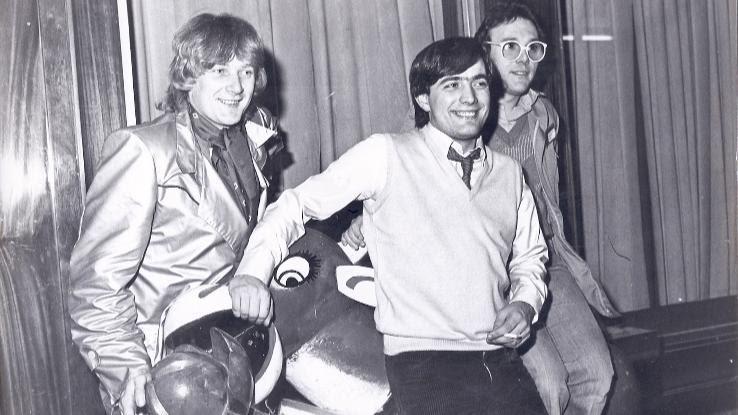
Although it was a hit, some people thought it was too violent because the TV blows up. Of course, these days, MTV is much more than a music video channel and even has its own award shows, talk shows and game shows.
"You Light Up My Life" by Debby Boone
This track is a cover of a song from a movie with the same name. If you don't remember it, the actress who played Frenchie in Grease, Didi Conn, was the star. This cover song earned Debby Boone both Best New Artist and Best Song awards at the 1978 Grammy awards.
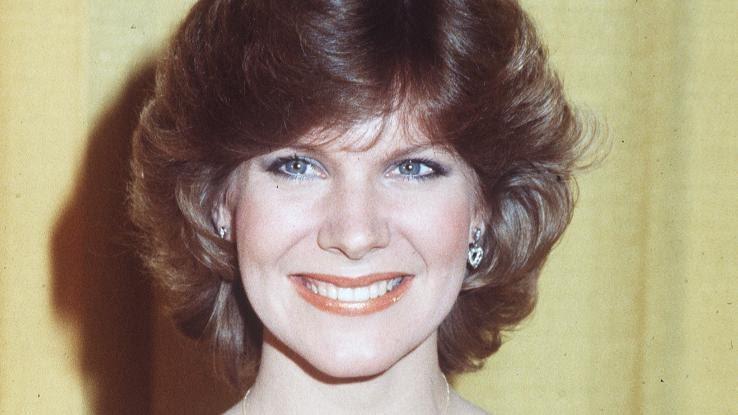
She also won Grammys for her later Christian albums in the early '80s, but she stayed mostly out of the limelight in mainstream pop music after this song. Boone is still releasing albums and touring the country, but "You Light Up My Life" remains her biggest hit, even with the crowds of today.
"Seasons in the Sun" by Terry Jacks
This song had to go through many phases before it gained popularity. It was first created by a Belgian, and then an American translated the song and changed it up a bit. Finally, a Canadian sang it and turned it into a hit, although it was the only big U.S. hit he ever had.
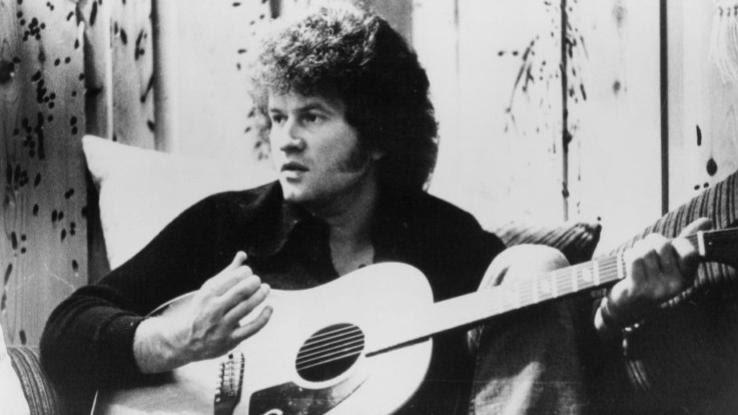
It was only the second rock song by a Canadian to make it to number one, and it was also ranked number two overall for the entire year of 1974. Jacks was never able to crack the U.S. charts again, but some of his later releases did do well in Canada and the U.K.
"Born to Be Alive" by Patrick Hernandez
Patrick Hernandez is a French singer/songwriter. This hit song first exploded in Europe as a massive hit before it hit the airwaves in the U.S. Perhaps the most interesting thing about this song is an interesting little discovery that went with it. When choosing dancers for the world tour, Hernandez came across a young dancer named Madonna.

He saw a spark in her and offered to send her to Paris to train to become a singer. Madonna had no interest in singing at the time, but she accepted the offer. Things didn't really work out in Paris, so Madonna left and went to New York, where she became the biggest worldwide pop star of the '80s.
"Me and Mrs. Jones" by Billy Paul
This heartbreaker of a song is a sad ballad about a man who is in love with a married woman. Billy Paul was known for his impressive register that allowed him to hit the high notes that were usually only possible for female singers.
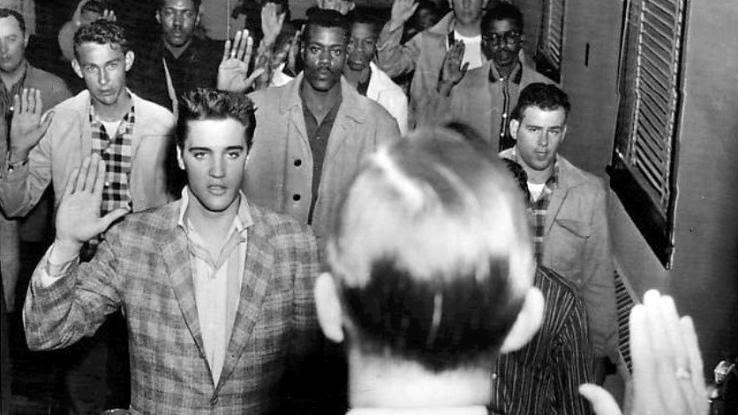
His next song release after this hit was too political for people, as they wanted a pop sequel, so the rest of his musical career never really took off. Growing up, he attended music school and sang in jazz clubs. He also, coincidentally, served in the same unit as Elvis Presley in Germany.
"My Sharona" by The Knack
This is a love song that was written about lead singer Doug Fieger's crush on a girl named Sharona. They invited Sharona to the band's rehearsal, and that is where she heard the song for the first time. Unfortunately, Sharona was dating another guy at the time, but she did eventually date Fieger. (He wrote a song for her, after all.)
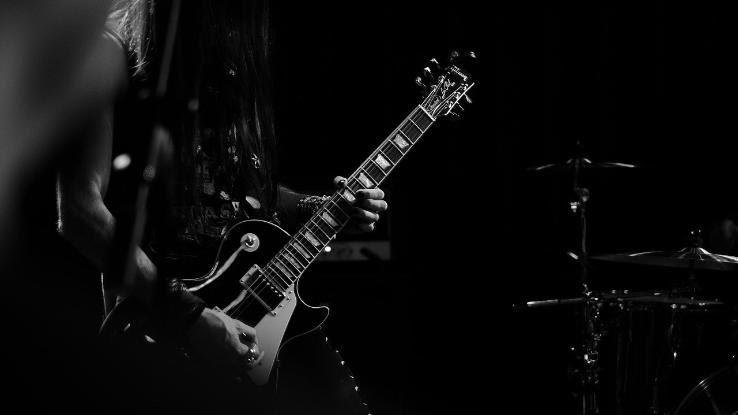
They didn't stay together, but they remained in touch until Fieger passed away in 2010 from lung cancer. Sharona is the girl featured on the single's cover, and fans far and wide dressed in a similar outfit when attending the band's concerts. Unfortunately, none of their other songs were as successful.
"I Love the Nightlife" by Alicia Bridges
After signing to Polydor Records, Bridges released "I Love the Nightlife" as her first single. The song was a hit, not only on the Billboard charts, but it even got love from country radio — strange for a disco song. It sold more than 1 million copies in the U.S and in Canada, earning the song two gold disks.
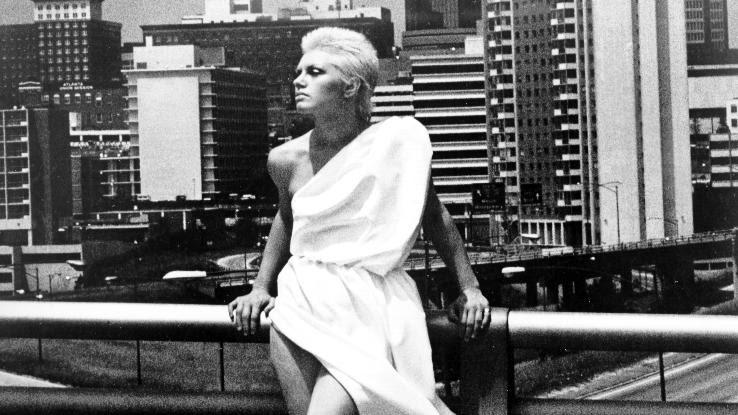
Bridges went on to create her own publishing company called Alicia Bridge Music Publications. She has released three albums with her publishing company and continues to work in the music industry today as a producer and DJ.
"Stuck in the Middle with You" by Stealers Wheel
The band Stealers Wheel has one of the craziest and messiest histories of all time. This song — originally simply titled "Stuck in the Middle" — was written by Joe Egan and Gerry Rafferty and recorded and performed by the band Stealers Wheel. The song did very well and topped the Billboard charts.
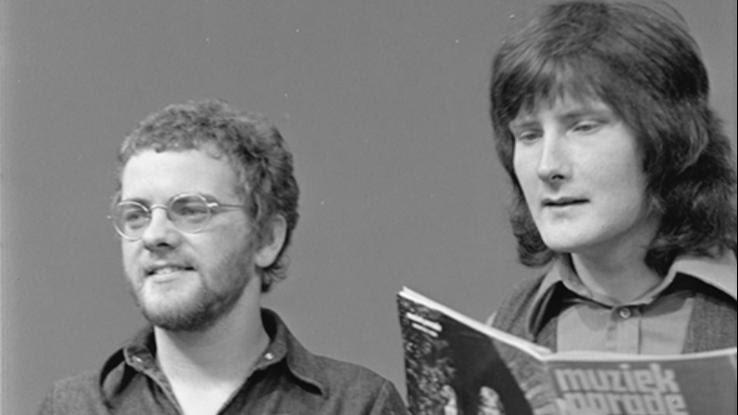
However, the two frontmen of the group (Egan and Rafferty) had many disagreements, and the ever-changing musicians in the band were never agreed upon for long, so the band broke up. The producer of their last album re-formed the band with some of the original musicians in 2009.
"American Pie" by Don McLean
If you've never heard this song, then you must not be from Planet Earth. Many people have speculated about what the song is about, but the only thing that really matters is it essentially captured the mood of America at the time and turned into an enduring rock anthem.
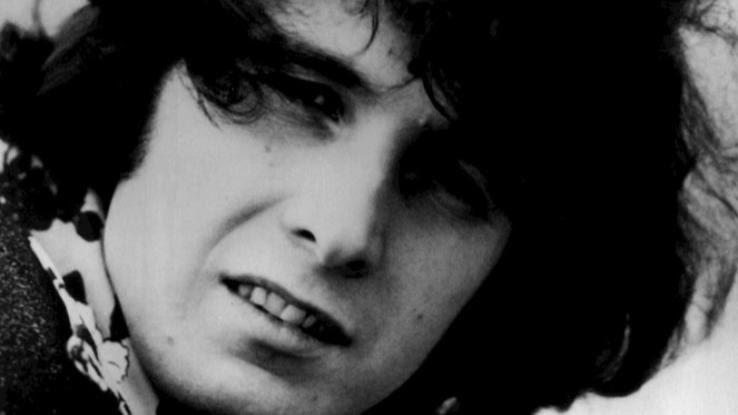
After a 1959 plane crash killed some of the biggest stars of rock and roll, the music industry and fans were never quite the same again. It was also the time of the Vietnam War, and protests and chaos were commonplace across America. With many references to the tragedies of the era in the lyrics, McLean heavily hinted that the American Dream was all but dead.
"Cat's in the Cradle" by Harry Chapin
This song focuses on the conflicting emotions of a man who wants to be a good provider for his family but also wants to spend time with his kids. It was written by Sandra Chapin — Harry Chapin's wife — about her ex-husband.
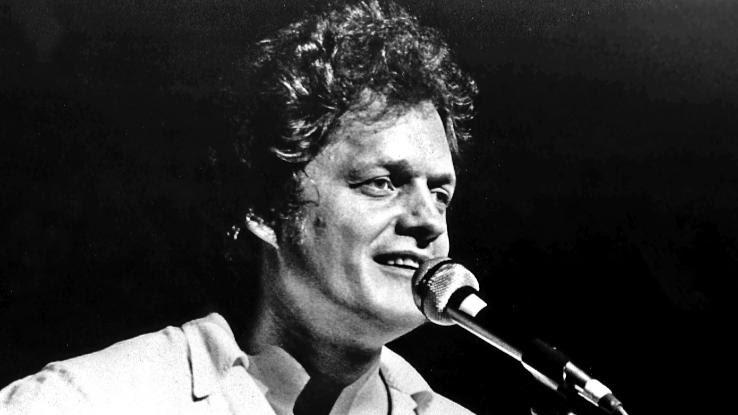
Harry himself also related to the song because his own father was a musician who was never home. It took Harry a year to compose the track after his wife gave him the poetic lyrics of the song. The real stars of the song are the lyrics that are so gut-punching.
"The Devil Went Down to Georgia" by The Charlie Daniels Band
This song was written to be a fiddle-centered song. In order to be appropriate for the radio, the lyrics in the last line were changed to "son-of-a-gun" (rather than SOB) for the radio version. The fiddle solos in the song are actually several fiddles laid over each other to create one track.
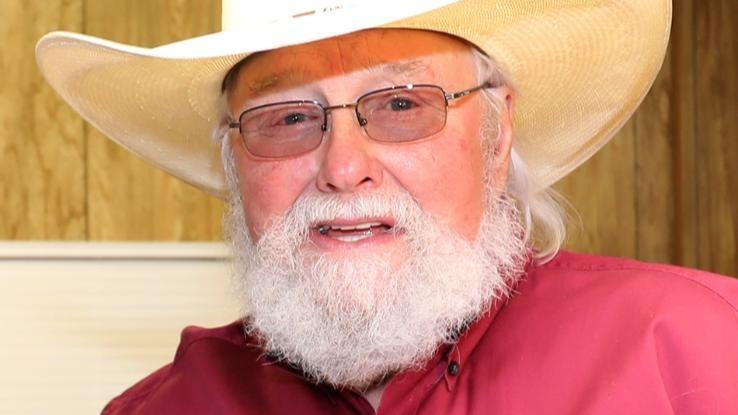
The sound effect for the devil was an awful sounding note on the fiddle with a guitar pick being pulled down the piano keys. The song went platinum and won CMA and ACM awards as well as a Grammy. Many famous artists have covered it over the years.
"Lovin' You" by Minnie Riperton
The song was originally written as a lullaby by Minnie and her husband for their daughter, actress Maya Rudolph. Later, they needed one more song for an album, so "Lovin' You" was changed into a love song. It was a perfect subtly sultry song for the '70s. The minimalist track focused on the strong vocal abilities of Minnie with few instruments used.
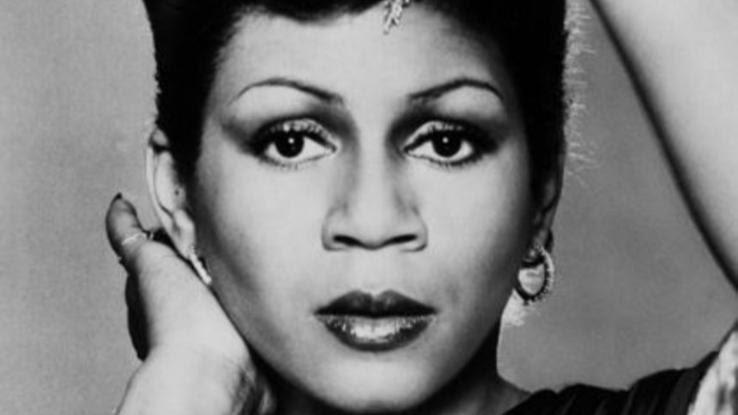
Unfortunately, nine months after the song was released, Minnie was diagnosed with breast cancer, and although she fought it, treatment was limited at the time, and it was terminal. She kept touring and recording until she died tragically at only 31 years old.
"Baker Street" by Gerry Rafferty
The most notable part of this unorthodox song is the saxophone. The musicians tried to play the riff with a guitar before deciding to use the saxophone. The song was a top-five hit in many countries, and the music video is also very popular, with more than 5 million views.
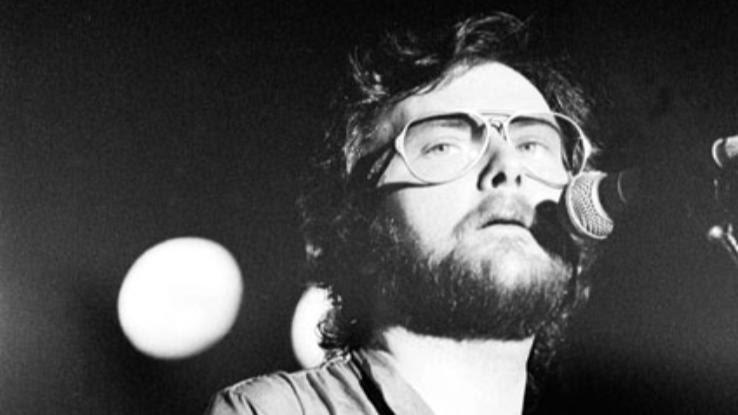
However, there is a lot of speculation that "Baker Street" infringed on the rights of a song that was released a decade earlier called "Half a Heart." No formal claims or lawsuits have been filed, but it's clear that the saxophone intros to both songs are very similar.
"Hooked on a Feeling" by Blue Swede
This is a cover track of B.J. Thomas' song with some changed lyrics — mainly because they wanted to avoid a drug reference in the original song. It was the Swedish band's first international hit, and the hit song led their album of the same name to decent success.
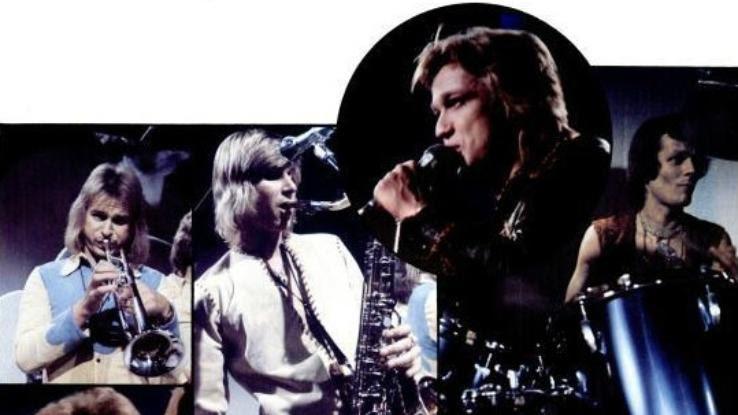
The song made it to number one on the Billboard charts in quite a few countries, including Canada, Australia and the Netherlands. The song was also given new life in Guardians of the Galaxy and has been used in some TV shows.
"Ça Plane Pour Moi" by Plastic Bertrand
This song title is French slang for "This works for me." Ironically, the song was actually first written in English, but it was assumed it wouldn't be good for radio because of the psycho lyrics. The beat, however, was too good to pass up.

The song was re-recorded with some nonsensical French phrases using the same musicians as before, and it did very well. Perhaps even more bizarre, both songs sparked renewed interest in the '80s. This was funny for French people, who understood the two songs as almost the same.
MORE FROM ASK.COM
Why Do My Trigger Points Keep Coming Back
Source: https://www.ask.com/entertainment/one-hit-wonders-70s-flashbacks?utm_content=params%3Ao%3D740004%26ad%3DdirN%26qo%3DserpIndex
0 Response to "Why Do My Trigger Points Keep Coming Back"
Post a Comment